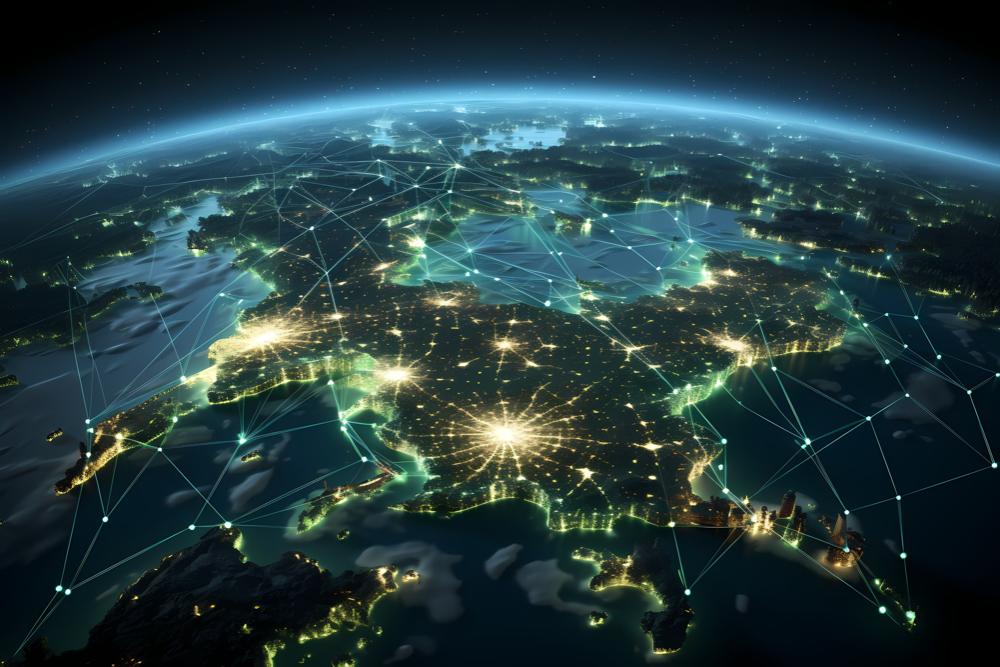San Bilal and Chloe Teevan propose steps to give the Global Gateway strategy greater strategic direction and to reconcile EU interests and development goals. They argue that the EU should adopt a whole-of-government/EU approach to foster coherence between strategic and development objectives, and to improve the coordination between public and private finance and interests.
Summary
The EU Global Gateway (GG) is a strategic initiative that aims to bring together the EU’s growing focus on competitiveness and self-interest with commitment to working with international partners to achieve the Sustainable Development Goals (SDGs). In this paper, we propose steps to give the initiative greater strategic direction, and to reconcile EU interests and development goals.
The European institutions and member states should adopt a whole-of-government/EU approach to foster coherence between strategic and development objectives, and to improve the coordination between public and private finance and interests. They should set clearer criteria to distinguish GG flagships, moving away from long lists of projects of varied scale and strategic interest and focusing more on projects that show real geopolitical and developmental impact. At the same time, the EU should make sure that information about all GG projects is communicated in an attractive and easily-accessible manner. This should include integrating development markers to show how projects contribute to the SDGs.
Developing and emerging economies now have various partners to choose from and have a clear interest in setting their own agendas. It is thus vital that real political dialogue with partner countries and meaningful country ownership drives the Global Gateway. There must also be a much stronger linkage between the GG and the EU’s domestic competitiveness agenda, including bringing partners into this conversation through developing meaningful examples of nearshoring and friendshoring in strategic countries and regions across the world.
About the Authors
Dr San Bilal is a senior executive and associate director of ECDPM’s sustainable economies and climate action cluster. He is also a member of the management team.
Chloe Teevan is the head of ECDPM’s digital economy and governance team.


